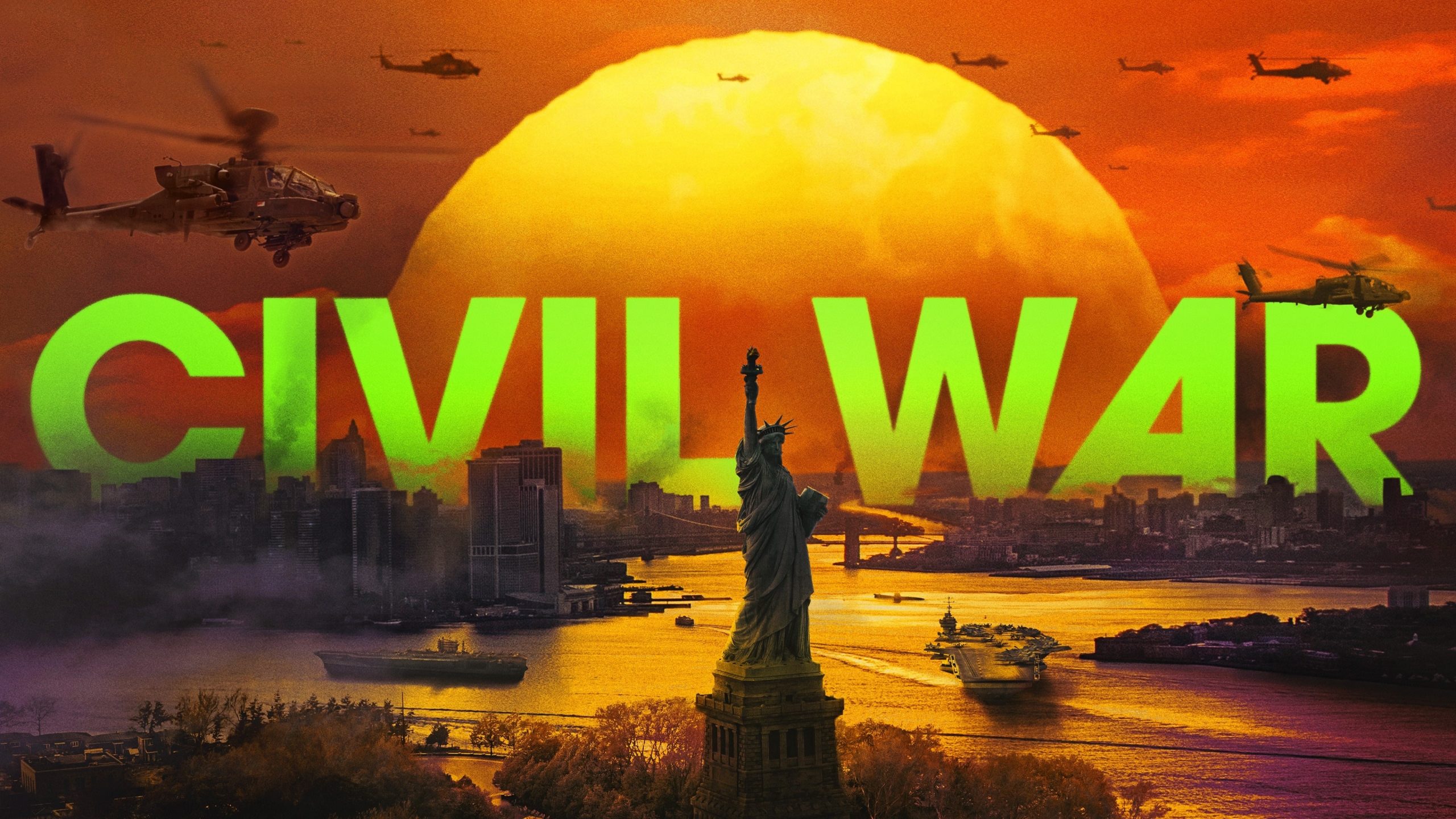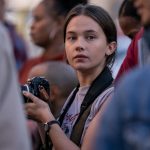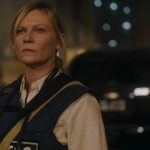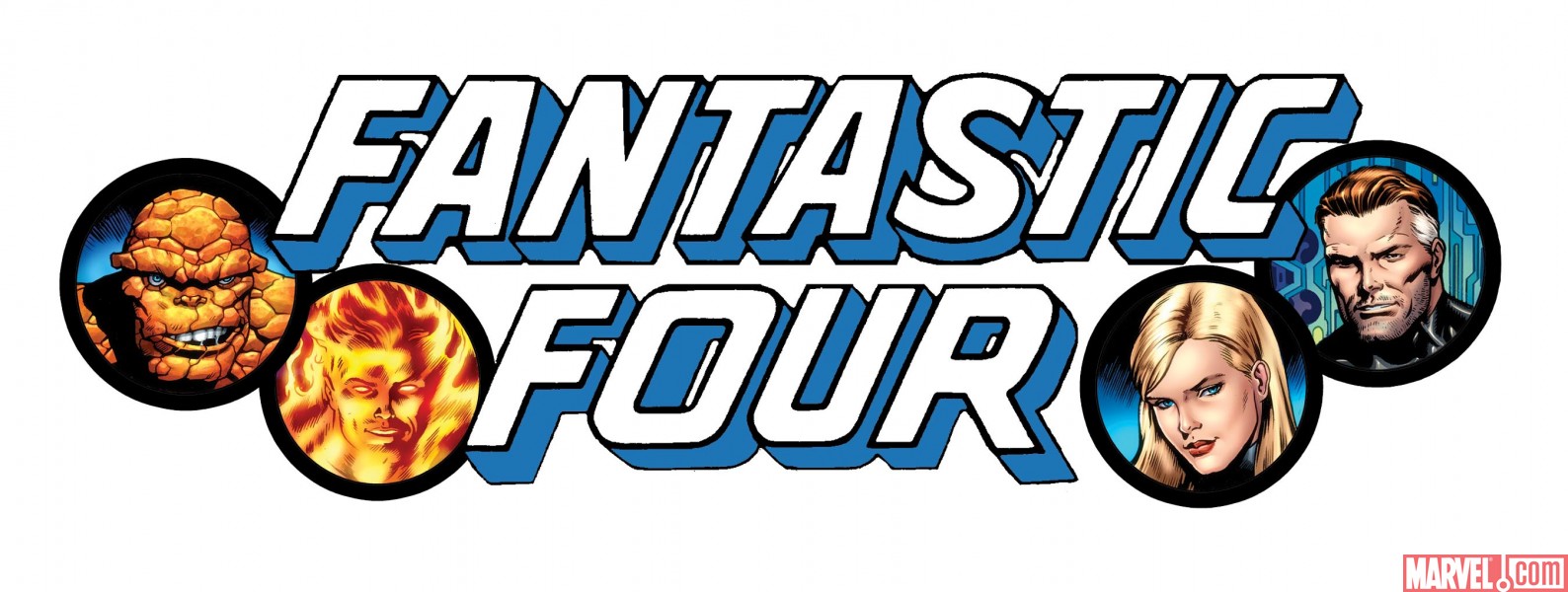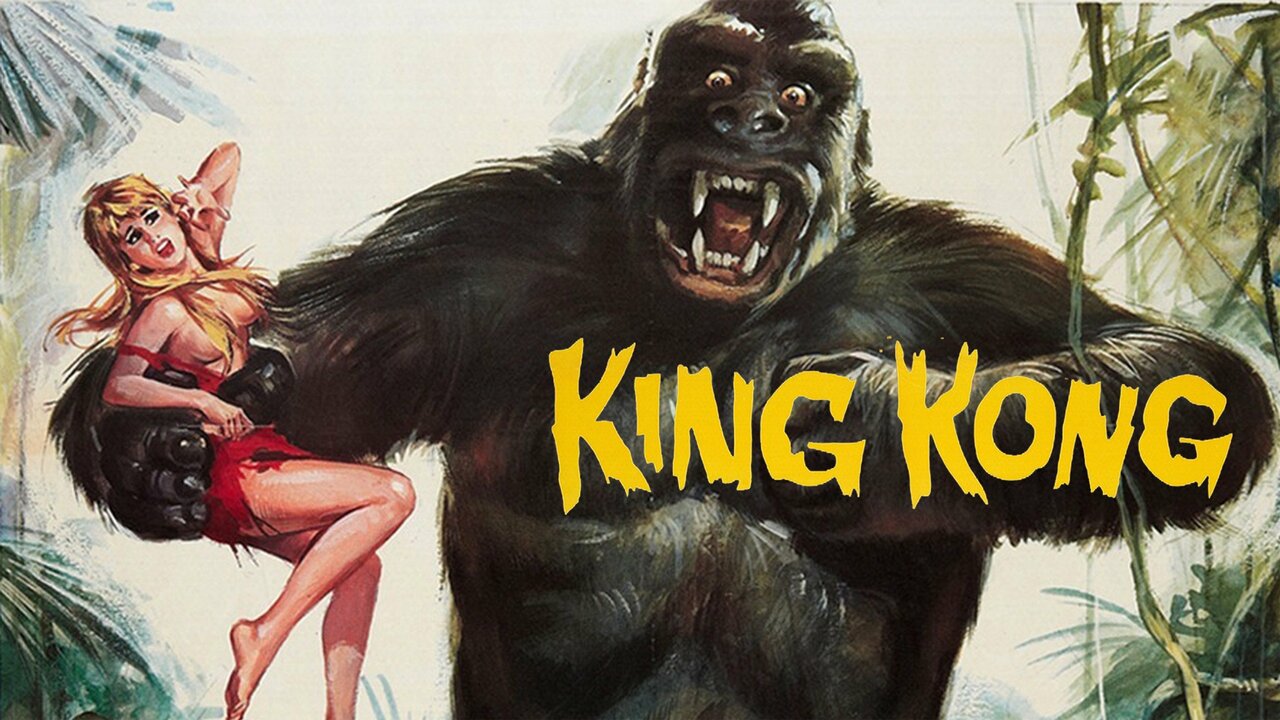Overview
In the near future, a group of war journalists attempt to survive while reporting the truth as the United States stands on the brink of civil war.
Written and directed by Alex Garland, Civil War is set in the near future, and we are thrown into an America that has been at war with itself for a few years – a war that looks like it may be drawing to a close. California and Texas, for some undisclosed reason, joined forces to form the Western Forces, declaring internal war on the Loyalist States that support the sitting President who is in his third term.
The film focusses on renowned war photographer Lee Smith (Kirsten Dusnt) who is planning to travel to Washington DC with her colleague Joel (Wagner Moura) to interview the President – knowing full well that the closer they get to the capital, the more dangerous it will be for them as the President has turned the nation against the press, and they are seen as enemies of the states. They take with them their mentor, veteran journalist Sammy (the always excellent Stephen McKinley Henderson) and aspiring war photographer Jessie (Cailee Spaeny) who Lee is initially reluctant to have with them. AS they travel across the states, they have short encounters in a few locations that the film uses to portray the different ways in which the everyday citizens have responded to the conflict present around them.
The smart thing about this film is that there isn’t any hint as to what politics led to the Civil War. We don’t know whether the President represents right or left leaning parties, nor do we know what sparked the conflict. Having California and Texas combine to oppose – the left and right together – further cements that this isn’t a film about politics, but is a film about war, and what it does to the individual. Even the people that Lee and her team encounter along the journey are ambiguous as to what side they are actually on, or even if they are on any side at all, or just using the situation to exhibit some of their darker natures. Focussing on war correspondents, we are (as they are) just observers to the horrific nature of humanity across this broken landscape road-trip.
Dunst, as Lee, starts the film cold and emotionless. Her years of shooting the horrific side of humanity without involvement have stripped away her compassion for anything aside from the perfect shot. On the flip side, Spaeny as Jessie finds it hard to disconnect from the sights she witnesses, and swiftly gets emotional when presented with the worst side of humanity. However, over the course of the film the two start to change, with Lee gaining her emotional connection again, whilst Jessie becomes colder. This exploration of journalism and disconnect offers a fascinating, and compelling depth to the group, with their colleagues offering the sagely advice, or exuberant enthusiasm that the central pair lack.
Civil War is a messed up road trip through a broken America, and whilst it doesn’t takes sides, nor push an agenda, it does serve to warn us of where we could be if things go a little sideways politically at some point, and proffers up the question as to what would you do if the country around you suddenly turned on itself – would you take sides, would you try to stay neutral, or would you seek opportunity through the chaos. In breaking open the United States, Garland has broken open humanity itself to shine a spotlight on who we are.
